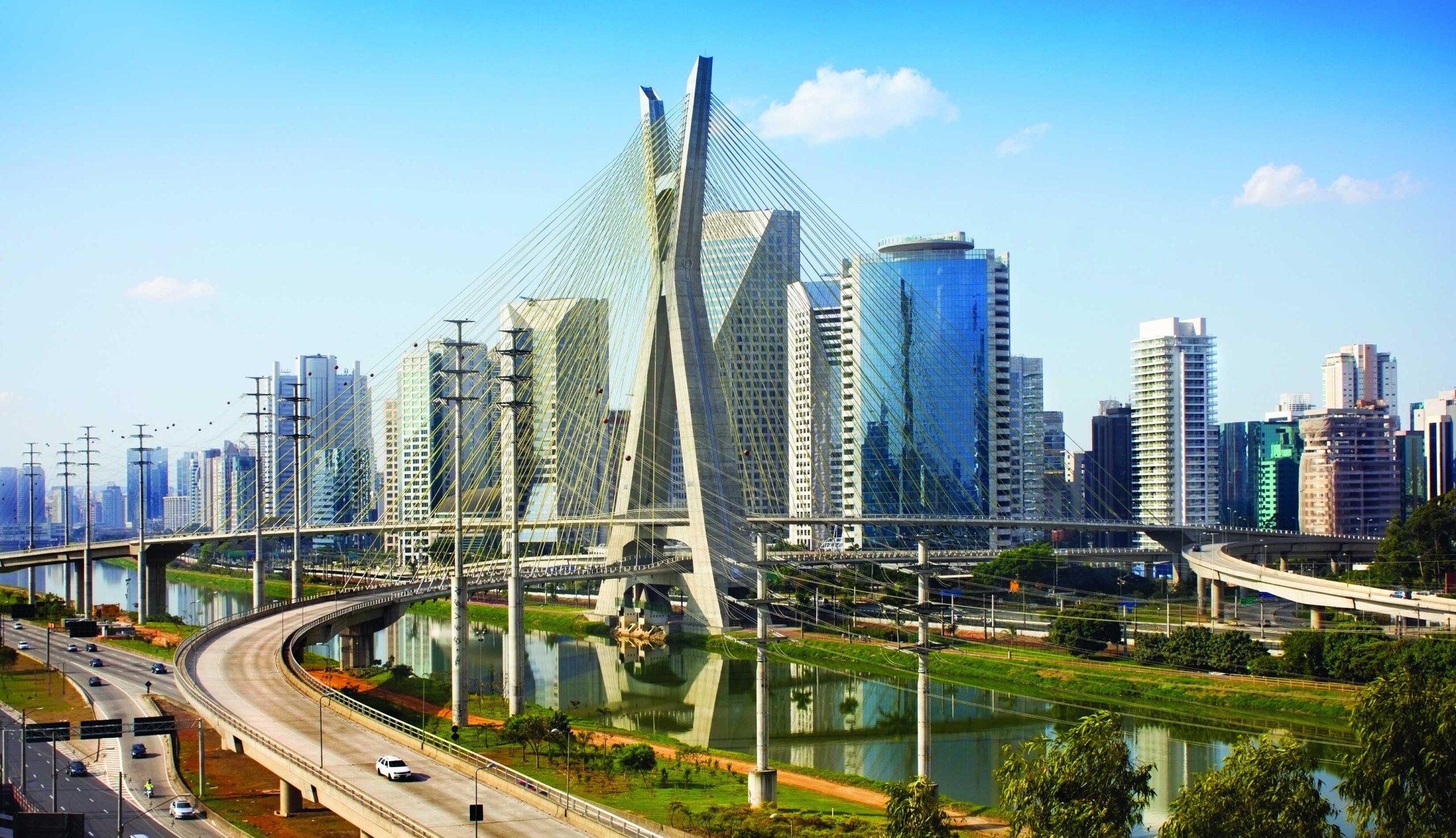SÁO PAULO, BRAZIL- The Latin American Chapter of the Alliance for Safe Biologic Medicines (ASBM) and the Global Colon Cancer Association (GCCA) today participated in a biologics and biosimilars forum in Sáo Paulo, Brazil. The chapter is comprised of eight patient organizations representing a variety of disease groups including multiple forms of cancer, hepatitis, and neurological conditions. The forum, entitled “What Patients Need to Know About Biologic Medicines and Biosimilars” was held as part of the 3rd Brazilian Congress All Together Against Cancer and was attended by more than 300 patient advocates, mostly from Latin America.


Andrew Spiegel, executive director of GCCA and a founding member of ASBM, moderated the two-hour discussion about biosimilars- attempts to create lower-cost copies of biologic medicines which treat serious conditions like rheumatoid arthritis, psoriasis, and a variety of cancers. Unlike generic versions of chemical drugs, biosimilars are not exact copies of the originator products- they are merely “similar”. These differences can create unexpected effects in patients, including unwanted immune responses. Polices regarding their use must reflect these concerns, Mr. Spiegel argued: “Biosimilars hold great promise for patients in Latin America, offering them new choices at lower cost- but in order to realize these benefits, patient and physicians need to be confident in their safety and effectiveness”.
Valderílio Azevedo MD, rheumatologist from the Federal University of Paraná, and ASBM Chairman Harry L Gewanter MD provided the physician perspective on biosimilars.

Dr. Gewanter shared results of a survey of 399 prescribers of biologic medicines from four Latin America countries: Argentina, Brazil, Colombia and Mexico. ASBM recently presented these data to the XIX Pan American League of Associations for Rheumatology Congress in Panama City, Panama in April; and at the 6th Latin American Forum on Biosimilars in Brasília, Brazil in June.
The survey revealed a need for clear naming for all biologics, including biosimilars: 57% of respondents referred to a biologic medicine exclusively by its non-proprietary name in a patient record (which could result in patients receiving the wrong medicine). Further, some 28% used the non-proprietary name exclusively when reporting adverse events (which could result in attribution to the wrong medicine).

The World Health Organization (WHO), which issues international non-proprietary names, has proposed to differentiate similar medicines from one another by the use of a biological qualifier (BQ), a unique four-letter code added to a shared root name. The survey revealed that 94% of respondents considered the BQ “useful in helping ensure their patients receive the right medicine”.
Carolina Cohen, Director of ABRALE, the Brazilian Association for Lymphoma and Leukemia, an ASBM member which idealized and organized the larger conference, emphasized the need for patients and physicians to educate themselves about biosimilars, and to engage their regulatory authorities. “Currently the level of patient protections in biosimilar policy varies widely from country to country. ABRALE believes that patients should be able to expect safe and effective biosimilars in whichever country they receive treatment. ASBM has worked globally since 2010 to educate on these medicines and promote their safe use.”
The Alliance for Safe Biologic Medicines (ASBM) is an organization composed of diverse healthcare groups and individuals including patients, physicians, pharmacists, manufacturers of both innovative and biosimilar medicines and others, working together to ensure patient safety remains at the forefront of the biosimilars policy discussion.
For more information, please contact:
Michael Reilly
Executive Director
Alliance for Safe Biologic Medicines
Phone: 202-222-8326
Email: Michael@safebiologics.org
# # #
